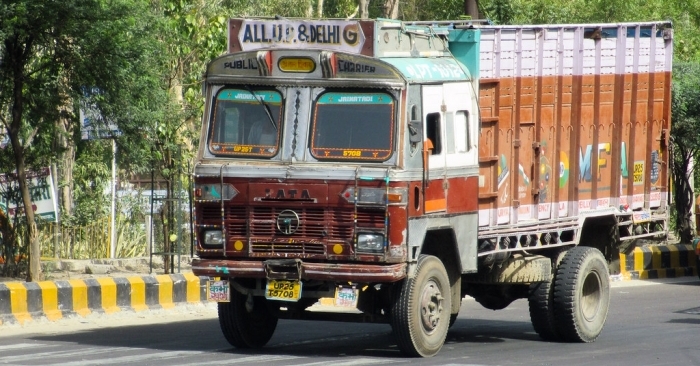Scrappage policy to provide fillip to automobile volumes, spur demand for new vehicles
March 23, 2021: The government of India announced the much-awaited scrappage policy, which along with several other supporting measures announced over the past few months, is expected to progressively remove unfit vehicles from the road.

March 23, 2021: The government of India announced the much-awaited scrappage policy, which along with several other supporting measures announced over the past few months, is expected to progressively remove unfit vehicles from the road.
This would simultaneously spur replacement demand in the ecosystem, thereby augmenting new vehicle demand as well. As announced by the finance minister during the budget speech in February 2021, the policy would be voluntary in nature. However, there would be a mandatory requirement for passenger vehicles (PVs) older than 20 years and commercial vehicles (CVs) older than 15 years to undergo a fitness test. Vehicles deemed unfit to ply on roads as per the test would need to necessarily be scrapped. The mandatory fitness test requirement would be applicable for heavy commercial vehicles from April 2023 and for other vehicles progressively from June 2024.
Shamsher Dewan, vice president & group head – corporate sector ratings, ICRA said, “The much-awaited scrappage policy is expected to provide a fillip to the auto industry volumes, and has potential to realise multiple other benefits such as reducing pollution and oil imports, reducing raw material costs through metal recycling, fleet modernisation etc. However, setting up of necessary infrastructure for scrapping and further clarity on the valuation of the scrap value of the vehicle, tradeability of scrapping certificate etc. remain key for successful implementation and realising the true potential of the policy.”
Further, the additional contours outlined in the scrappage Policy and other measures announced over the recent months include a hike in fitness certificate renewal fees and levy of green tax on older vehicles which would increase the ownership costs of such vehicles. Additionally, it has been proposed to reduce the costs associated with a new vehicle purchase through discounts from OEMs, road tax rebate and waiver of registration fees on submission of a vehicle scrapping certificate. These positive and negative levers are expected to work in tandem to incentivise sales of new vehicles while taking older, polluting vehicles off the road.
ICRA estimates that the population of M&HCVs older than 15 years would be ~1.1 million units by FY2024, offering significant potential for scrappage. However, given the nature of the usage of such vehicles, the actual scrappage potential could possibly be lower. Nevertheless, even if a proportion of these vehicles get scrapped, it can offer a fillip to volumes by spurring replacement demand and support the industry out of its trough. ICRA estimates that even with a 15-20 percent conversion, it can provide a 20-25 percent upside to industry volumes in FY2024.
ICRA estimates a total PV population of 40.8 million, out of which about 3 percent i.e. 1 million are over 20 years old. Once implemented, the scrappage policy could result in about 10-12 percent cost-benefit for new car buyers with a potential to add 300,000 units (or 7-9 percent upside) to industry volume even with 30 percent conversion in 2024.
“Timely implementation of the Policy and incentive payout mechanism remains a key monitorable. Lack of infrastructure to handle scrapping of vehicle and recycling as per state pollution standard is a concern, which should be addressed. The success of policy remains dependent on the efficient execution of the Policy besides setting up of organised scrapping centres in a timely manner,” added Dewan.



